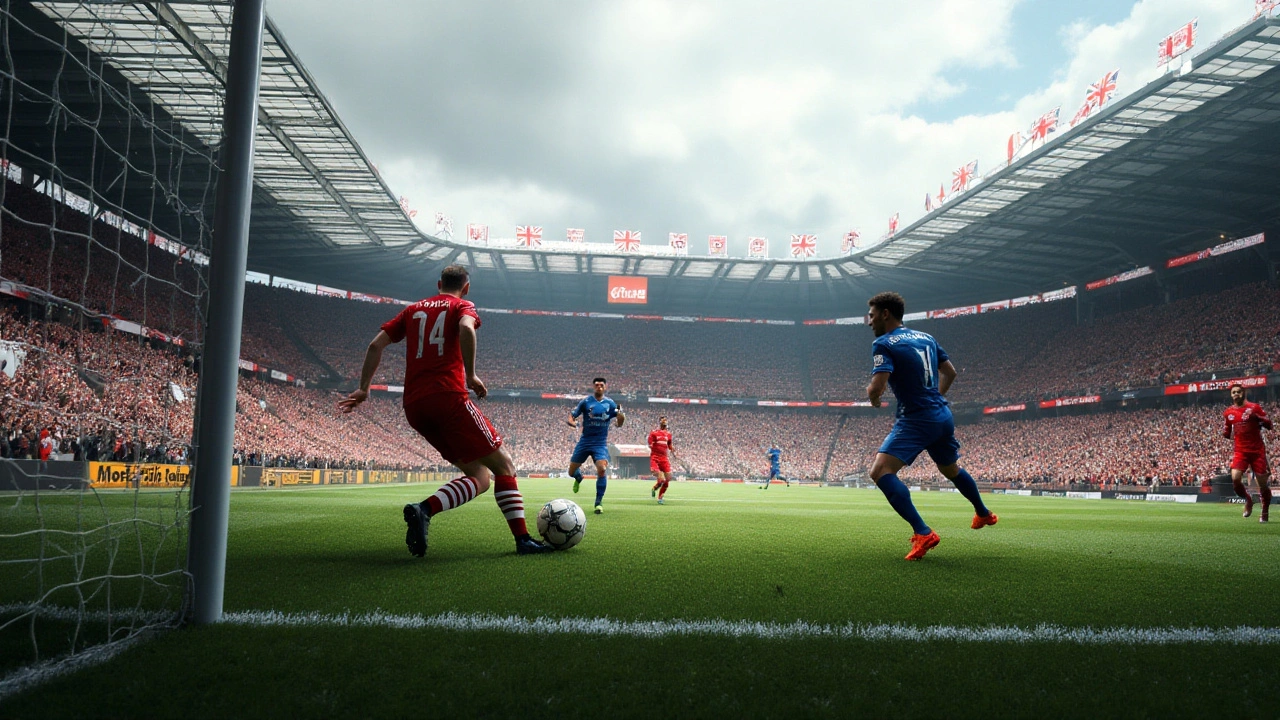Official Matches – Everything You Need to Know
When talking about official matches, the formally scheduled contests that determine winners in organized sports. Also known as regulated games, they bring together athletes, fans and governing bodies under a clear set of standards.
One of the biggest related ideas is football match, a 90‑minute showdown governed by FIFA rules and often part of larger leagues or cups. tennis match, a best‑of‑three or five set battle that follows ITF regulations and feeds into global rankings also fall under the official‑match umbrella. Even a rugby match, a physical contest with two 40‑minute halves governed by World Rugby laws is built on the same principles of fairness and structure.
Why Official Matches Matter in Every Sport
Official matches require strict competition rules to keep play fair, protect athletes and give fans a reliable product. Those rules shape match schedules, dictate when and where a game happens, and influence the way teams prepare. For instance, a tournament calendar decides the flow of a football season, while a Grand Slam draw sets the order of tennis matches. When you understand the link between official matches and sports tournaments, you see how each event builds on the previous one, creating a story that fans can follow from start to finish.
Match schedules are another key piece. A well‑planned schedule balances travel, rest and broadcast windows, ensuring that each official match receives the attention it deserves. This is why leagues invest heavily in calendar software and why governing bodies publish detailed timetables months in advance. When the schedule aligns with competition rules, teams can focus on performance rather than logistics.
Team events add another layer of excitement. Whether it’s a football club chasing a league title, a national tennis squad in the Davis Cup, or a rugby side fighting for a Six Nations spot, official matches serve as the battlefield where ambitions turn into results. The outcome of each match feeds directly into rankings, prize money and fan support, making every contest a crucial step toward larger goals.
All these pieces—rules, schedules, tournaments and team events—interact like a chain. Official matches encompass team events; team events depend on competition rules; competition rules shape match schedules; match schedules determine tournament flow. This web of relationships guarantees that every game is not just a random event but part of a larger, coherent system.
Below you’ll find a curated collection of articles that dive deeper into the specifics of running shoes, marathon training, tennis rankings, boxing history, and more. Each piece ties back to the fundamentals of official matches, giving you practical tips, fascinating facts and actionable insights to enhance your sports experience.
